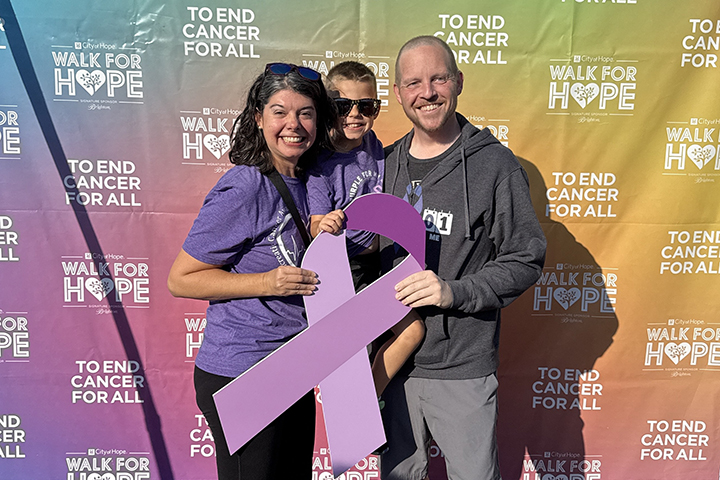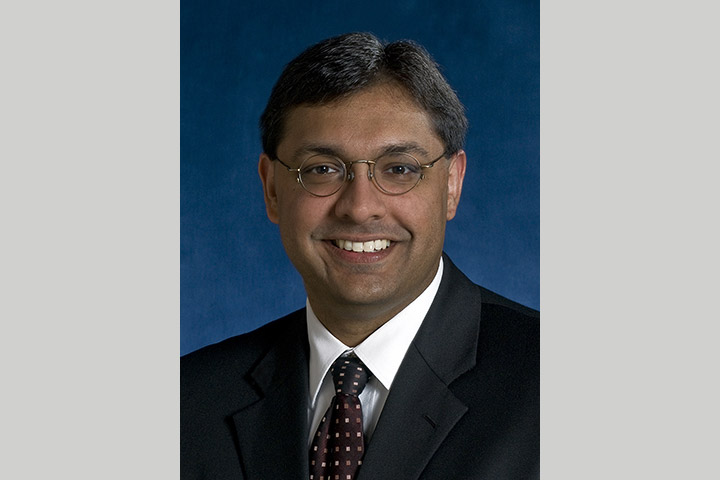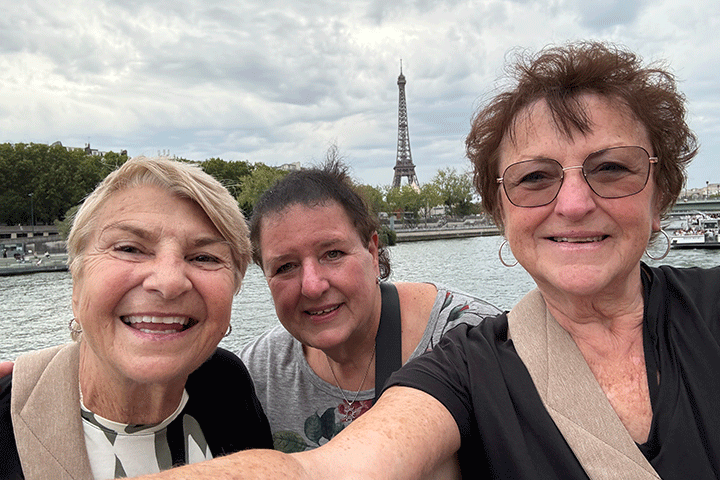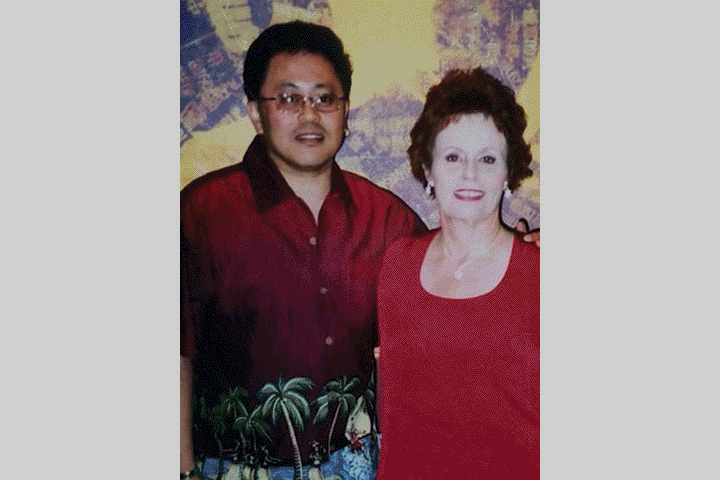Focus on Joy
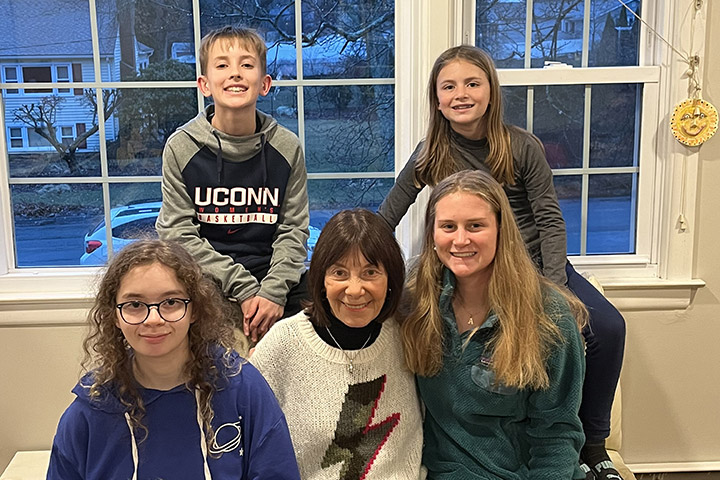
- Developing a career as a cancer coach
- Helping patients live their best lives at a difficult time
In the spring of 1998, Marisa Harris was diagnosed with stage IV pancreatic cancer.
It is 25 years since her diagnosis and five years since she shared her story with Let’s Win. We decided to check in with Marisa for her insights into her life after pancreatic cancer.
Let’s Win: You had a high-powered career in human resources before your diagnosis, but changed gears afterwards to become a cancer coach. Can you tell us more about the transition?
Marisa: My doctor had a support group for his patients, who had different types of cancer. My training is in counseling psychology and my background is in HR—I have been teaching and coaching people throughout my career. This made me a natural fit to “coach” patients who were feeling overwhelmed and scared about their cancer diagnosis. For over five years I voluntarily led support groups for my doctor’s patients, providing them with a place where they could safely speak of their fears. I offered some practices and tools to increase their positivity and confidence, to decrease the fear and anxiety, and to use their mind to create a vision of what they would love. My focus is on helping the people I coach feel happier, more at home with themselves and with their lives.
Being a cancer coach is a calling. The world of pancreatic cancer hardly has any hope, and there is a great need for voices of hope and possibility, live voices by real people, speaking not just of surviving but of THRIVING. When I was in treatment I examined each area of my life, asking, “Does this align with my number 1 priority to live years, and not months, and even get well again?” I took up old hobbies and added some new ones. For example, I decided to take piano lessons for the time since I was a child. I had to fire the first teacher, who wanted to know if I was told I was talented as a child—I wasn’t—and if I was going to take it seriously—I wasn’t. I was taking lessons because I loved it. I encourage my cancer clients to sing, to listen to music, to dance, to play instruments; to do the things we love, feel free and alive.
LW: As someone who consults with patients, what’s the one best piece of advice you offer?
Marisa: Create a healing team of medical and health professionals, friends and family, pancreatic cancer organizations who are aligned with your goals, priorities, and values. A team that cares deeply about you and is committed to support and back you on how you want to deal with this disease. Most importantly, choose a medical team that sees and treats you as a person—with kindness and respect. Your team should also be knowledgeable about the latest research and studies.
Become involved in a pancreatic cancer organization and get to know other patients and hear survivor stories and learn more about what they did. Get yourself a person who will help you in guiding you in all aspects of living and healing from this illness. Most of all DO NOT READ THE STATISTICS.
LW: On the other side, if you could share one thing with doctors and researchers about pancreatic cancer treatment and survivorship, what would it be?
Marisa: The communication and the connection of the medical team, especially the oncologist, is very important to the quality and longevity of the patient’s life. I was uniquely blessed to find an oncologist who had a deep and broad understanding that healing is physical and spiritual, and recommended specialists in both conventional treatments (surgery, chemotherapy, and radiation) and outside those treatments. I continued to examine and take actions—imperfectly but regularly—on all aspects of my life which affected my health.
LW: How does your profession as a cancer coach affect your thoughts about survivorship and dying?
Marisa: My 18-year experience as a cancer coach, my presentations, and my writings all focus on living a life centered on what contributes to not just surviving but even more so, thriving. I am keenly aware of how special every day and every moment is. Being immersed in this life of cancer and especially pancreatic cancer keeps me present and aware of the beauty and fragility of life. Because of my work and my deep relationships with my clients, I am always reminded.
LW: How has being one of the very few long-term survivors of stage IV pancreatic cancer affected you mentally and emotionally?
Marisa: I have survivor’s guilt, especially when one of my clients dies—of course this happens often. I have spoken with other long-term survivors, 10 years or more, and like me they ask, “Why me?”
As a cancer coach for over 18 years, every year I see a dozen or more patients who die in less than five years. As saddened as I am, their passing stimulates me to learn more, help more, and be there for the client from the beginning until their last breath, if they want me there.
LW: How did the diagnosis of pancreatic cancer affect your thinking about dying and death?
Marisa: I focused on visions of my future. I wanted to see my three daughters get married and to dance with my husband at their weddings. When I was diagnosed, none of my daughters had serious boyfriends, but six years later the first daughter got married! And I have danced at the weddings for all three daughters. But my vision didn’t stop there—I wanted more than anything to be a grandmother. My grandmother died before I was born, and I wanted to be a much-loved grandmother, like my friends had. Ten years after my diagnosis, I became a grandmother.
My other vision was that if I were to die in less than a year, my days were going to be the happiest days of my life—the most authentic and freeing. I have absolutely succeeded.
On behalf of all cancer patients, I would say that we are all survivors. We’ve survived another day. We are thrivers. We are more conscious and have new eyes to see the beauty and grace around us, and new ears to hear the music of life, and more courage to live an authentic life true to ourselves no matter what happens.
Read about Marisa’s treatment and watch her video.
